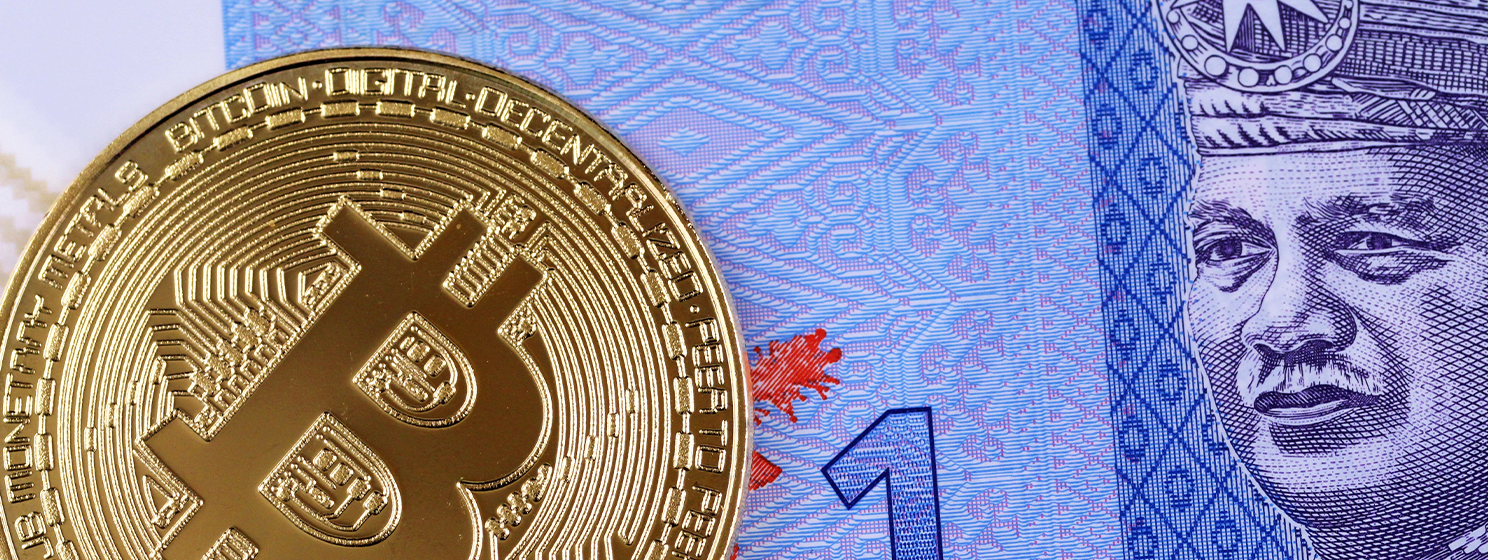|
Getting your Trinity Audio player ready...
|
Cashless payments in Vietnam surged by nearly 40% in the first half of the year to hit 12 billion transactions, the country’s central bank has revealed.
The latest data from the State Bank of Vietnam (SBV) revealed that the Southeast Asian country is setting the pace in the region in digital payments. In the first half of this year, the per capita cashless payment transaction volume hit VND295.2 quadrillion ($11.3 trillion), or 24x the country’s gross domestic product (GDP) of $476 billion. This makes it the second highest globally, ranking only behind leader China, whose estimated $485 trillion cashless transaction volume remains the market leader.
At 12 billion transactions, the volume in the first six months has already surpassed the total for the entire 2023 and is on track to break last year’s record 17.7 billion transactions.
The SBV has been at the forefront of the country’s cashless evolution, says Nguyen Quoc Hung, the vice chairman of the Vietnam Banks Association.
The central bank has rolled out a new initiative to verify banking accounts using biometric data, which has authenticated over 120 million individual customer accounts. The initiative has removed millions of dormant accounts and shut down even more suspected of fraud. Since its inception, fraud victims have dipped 57%.
But perhaps the biggest impact has been from a new value-added tax (VAT) law that took effect on July 1, which only extends VAT deduction to purchases made via cashless means. According to Hung, the law has sparked a sharp uptick in digital payments and cut costs for banks and other payment processors.
Prime Minister Phạm Minh Chính has also been pushing cashless payments; last month, he signed Dispatch No.124/CD/TTg, which focuses on ramping up cashless payments across all government departments.
Vietnam’s digital payments revolution has propelled financial inclusion, with 87% of adults reportedly owning a bank account by the end of last year. According to Deputy PM Ho Duc Phoc, the country ended 2024 with 154 million debit and credit cards and over 204 million individual payment accounts.
“Cashless payment is a prevailing movement in the digital economy, demonstrating major behavioural changes among individuals and businesses, as well as the digital transformation of public institutions,” Phoc commented in June.
Vietnamese commercial lenders are locked in a race to become the leaders of the emerging digital payments space. While the top banks like BIDV and VietinBank have dominated the sector, smaller banks are recording the highest growth.
According to local outlets, MSB, a mid-range lender, recorded a 186% spike in online credit card openings as digital payments shot up 40%.Turkmenistan, UN sign launch third phase of digital customs system
Elsewhere, the Turkmenistan government has launched the third phase of its digital customs system. The Central Asian nation has partnered with the United Nations Conference on Trade and Development (UNCTAD) on the initiative.
The two announced the new phase during the Third UN Conference on Landlocked Developing Countries, held in Awaza in western Turkmenistan.
The project aims to integrate the latest technologies in the country’s customs systems, automate some processes to enhance speed, cut costs, and boost transparency. Ultimately, the target is to make foreign trade easy, cheap, and efficient to boost the country’s appeal as an investment destination.
Turkmenistan’s $69 billion economy depends primarily on oil and natural gas, which account for nearly half the total output. The government is on a mission to expand foreign direct investment, which dipped to $1.6 billion last year and accounts for a measly 0.3% of the GDP.
The country is leaning on digitalization to attract foreign direct investment (FDI), and according to UNCTAD Secretary-General Rebecca Grimpson, the government has been making notable strides in this sector.
The UN continues to push digitalization around the world and is involved in dozens of projects globally. One of the agency’s focuses is on closing the digital divide, which has unduly disadvantaged the Global South, says Amandeep Singh Gill, its Special Envoy for Digital and Emerging Technologies.
“A global effort is needed to put a floor under the AI divide. As we do so, we need to avoid fragmented actions, link funding to evidence for outcomes, and respect choices that countries and communities need to make in light of their political-economic and cultural contexts,” he wrote in an op-ed.
Watch: New age of payment solutions

 02-21-2026
02-21-2026 




